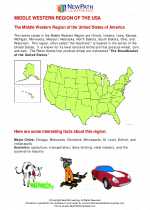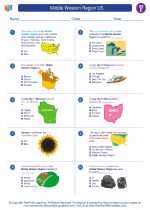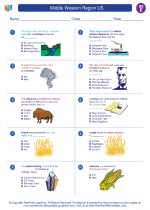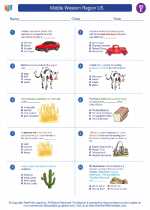Mississippi River
The Mississippi River is the second-longest river in North America, flowing through the United States from its source at Lake Itasca in Minnesota to the Gulf of Mexico. It is approximately 2,340 miles long and passes through or along the border of 10 states. The river has played a significant role in the history, culture, and economy of the United States.
Key Facts:
- Length: Approximately 2,340 miles
- Source: Lake Itasca, Minnesota
- States Traversed: Minnesota, Wisconsin, Iowa, Illinois, Missouri, Kentucky, Tennessee, Arkansas, Mississippi, Louisiana
- Significance: Major transportation route, vital for commerce and trade, important for agriculture and industry
Historical Significance:
The Mississippi River has been a vital transportation route for centuries, used by Native American tribes, European explorers, and early American settlers. It played a crucial role in the westward expansion of the United States and was a key factor in the development of trade and commerce in the region.
Geographical Features:
The Mississippi River basin is home to diverse ecosystems, wildlife, and natural resources. The river and its tributaries support a variety of plant and animal species, and the surrounding wetlands and floodplains are important for biodiversity and environmental conservation.
Study Guide:
- What is the length of the Mississippi River? Answer: Approximately 2,340 miles
- Where is the source of the Mississippi River located? Answer: Lake Itasca, Minnesota
- Which states does the Mississippi River pass through or along the border of? Answer: Minnesota, Wisconsin, Iowa, Illinois, Missouri, Kentucky, Tennessee, Arkansas, Mississippi, Louisiana
- Why is the Mississippi River significant? Answer: It is a major transportation route, vital for commerce and trade, and important for agriculture and industry
- What role did the Mississippi River play in the history of the United States? Answer: It was a vital transportation route for Native American tribes, European explorers, and early American settlers, and played a crucial role in the westward expansion of the United States
◂Social Studies Worksheets and Study Guides Fifth Grade. Middle Western Region US

 Worksheet/Answer key
Worksheet/Answer key
 Worksheet/Answer key
Worksheet/Answer key
 Worksheet/Answer key
Worksheet/Answer key
